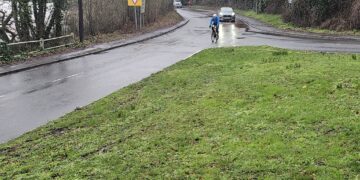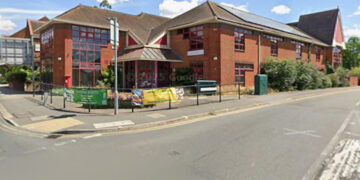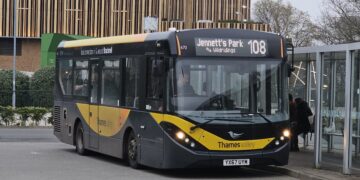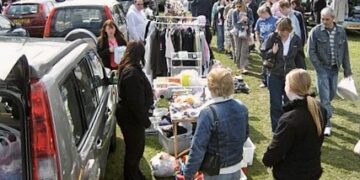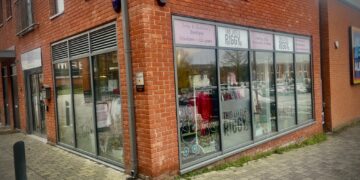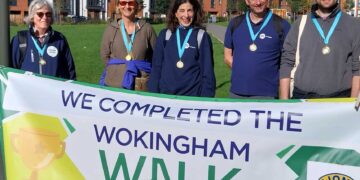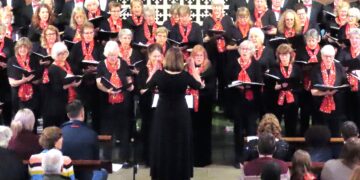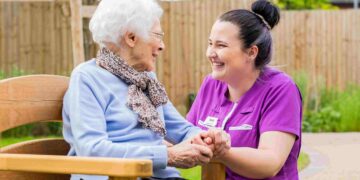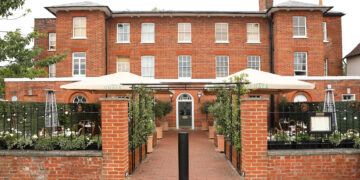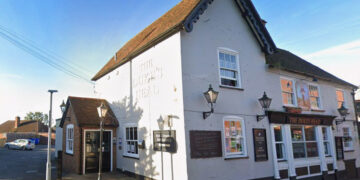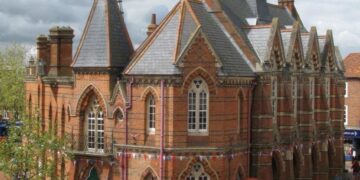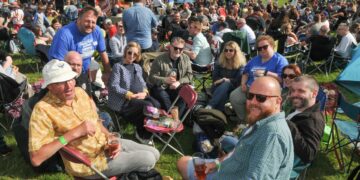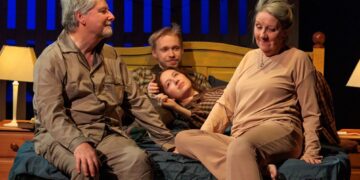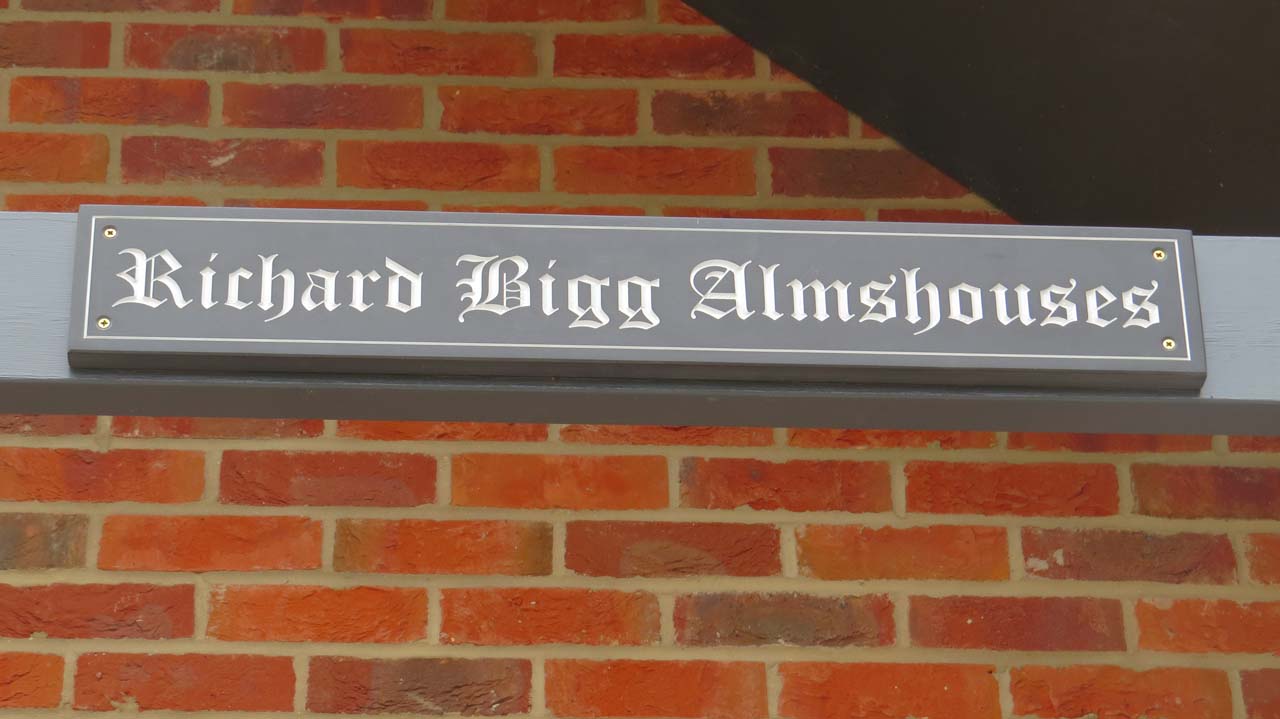Three new almshouses in Wokingham borough have been shortlisted for an award scheme in which Prince Charles is the final judge.
The Richard Bigg Almshouses in Hinton Road, Hurst have been visited by the scheme’s inspectors.
An awards committee will report back to Prince Charles, patron of the Almshouse Association which represents over 1600 independent almshouse charities across the UK.
Hurst Consolidated Charity chairman John Edwards, said: “The inspection by the judges was last Thursday and it went well. We were the last of the 11 shortlisted to be visited.”
Prince Charles did not go to Hurst to do the onsite judging but will make the final selection. The decision will be made known next summer.
The winner’s prize is a bronze plaque and a certificate.
Prince Charles introduced the Patron’s Award scheme in 2000 to encourage high standards in almshouse developments.
Hurst Consolidated Charity built the Richard Bigg almshouses two years ago to help people who cannot afford the high cost of buying or renting locally.
The residents pay a weekly maintenance contribution set at an affordable level, much lower than a market rent.

Many almshouse residents are elderly, but the Hurst charity’s constitution allows it to house needy people living in Hurst or adjacent parishes.
This means key workers like teachers, police officers and ambulance staff can also be given homes.
The Richard Bigg Almshouses, named after a 17th century benefactor of the charity, cost £600,000 to plan and build.
They have 21st century facilities including solar panels, disabled access, wet-room bathrooms, stylish kitchen areas, and gardens, complete with bird feeders.
The Hurst charity also runs other local almshouses: the Harrison Almshouses in London Road, Twyford, built in 1640, the William Barker Almshouses built opposite St Nicholas Church, Hurst in 1664, and four almshouses next to the new ones in Hinton Road, originally built for retired nurses
in the 1960s.
This year The Almshouse Association is celebrating 75 years of supporting the almshouse movement and their members.
The charities own and manage more than 30,000 almshouses, supporting approximately 36,000 residents, while providing affordable, ‘micro-community’ homes for local people in housing need.

